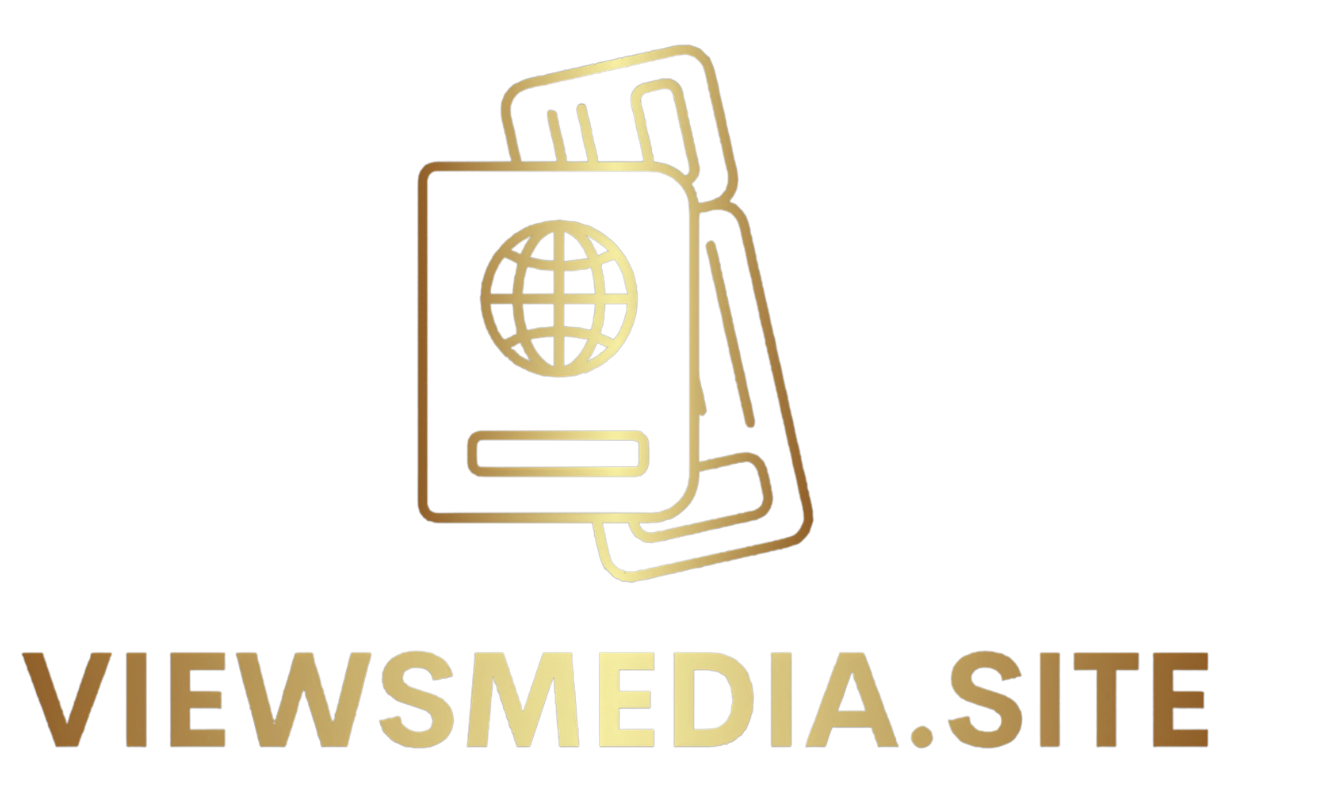
Health Insurance: A Complete Guide to Choosing the Right Coverage
1. Introduction to Health Insurance
Health insurance is a financial protection plan that covers medical expenses, including doctor visits, hospital stays, medications, and preventive care. Having health insurance ensures that individuals and families can access quality healthcare without facing overwhelming costs.
Health insurance plays a vital role in maintaining overall well-being, reducing financial risks, and ensuring access to necessary treatments. Understanding how it works can help you choose the best plan for your needs.
2. Types of Health Insurance Plans
There are various types of health insurance plans available:
- Employer-Sponsored Health Insurance – Coverage provided by an employer to employees and their families.
- Individual Health Insurance – Purchased by individuals who do not receive employer benefits.
- Family Health Insurance – A plan that covers an entire household.
- Government Health Programs – Includes Medicare (for seniors) and Medicaid (for low-income individuals).
- Short-Term Health Insurance – Temporary coverage for gaps in insurance.
- High-Deductible Health Plans (HDHP) – Lower premiums but higher out-of-pocket costs, often paired with Health Savings Accounts (HSA).
3. What Does Health Insurance Cover?
A comprehensive health insurance policy typically includes:
- Doctor Visits – Regular check-ups and consultations.
- Hospitalization & Surgery – Covers medical procedures and overnight stays.
- Prescription Drugs – Helps reduce medication costs.
- Preventive Care – Vaccinations, screenings, and wellness programs.
- Emergency & Urgent Care – Covers medical emergencies and urgent medical needs.
4. Exclusions: What Health Insurance Does Not Cover
Health insurance policies usually do not cover:
- Cosmetic Procedures – Unless deemed medically necessary.
- Experimental Treatments – Unapproved or investigational procedures.
- Certain Pre-existing Conditions – Some policies may have limitations.
- Alternative Therapies – Such as acupuncture or homeopathy.
5. How Health Insurance Works
Understanding key terms:
- Premiums – Monthly payments to maintain coverage.
- Deductibles – The amount you pay before insurance kicks in.
- Copayments & Coinsurance – Your share of medical costs after meeting the deductible.
- HMO vs. PPO Plans – HMOs require referrals for specialists; PPOs allow more flexibility.
6. How to Choose the Best Health Insurance Plan
When selecting a plan, consider:
- Your healthcare needs (chronic conditions, prescriptions, specialists).
- Costs (monthly premiums, deductibles, out-of-pocket limits).
- Provider Network (ensuring your preferred doctors are included).
7. Cost of Health Insurance
The cost of health insurance varies based on:
- Age and health condition
- Type of plan and coverage level
- State and region
To reduce costs:
- Choose a higher deductible plan for lower monthly premiums.
- Take advantage of employer contributions if available.
- Compare plans during open enrollment.
8. How to Apply for Health Insurance
You can apply for health insurance through:
- Employer benefits programs
- Government marketplaces (Healthcare.gov)
- Private insurance companies
9. Employer-Sponsored Health Insurance vs. Individual Plans
- Employer Plans – Lower cost, limited options.
- Individual Plans – More flexibility but higher premiums.
- Transitioning – COBRA allows temporary extension of employer benefits.
10. Government Health Insurance Programs
- Medicare – For people aged 65+ and some disabled individuals.
- Medicaid – For low-income individuals and families.
11. Health Insurance for Different Life Stages
- Young Adults – May stay on parents’ plans until 26.
- Families – Need broader coverage for children.
- Seniors – Medicare and supplemental insurance.
12. Common Myths and Misconceptions About Health Insurance
- “Health insurance is too expensive.” – Subsidies and employer plans make it affordable.
- “I don’t need insurance if I’m healthy.” – Emergencies can happen anytime.
- “All plans cover the same benefits.” – Coverage varies significantly.
13. Health Insurance and Pre-existing Conditions
- ACA protections prevent denial due to pre-existing conditions.
- Some private insurers may have waiting periods.
14. Frequently Asked Questions (FAQs) about Health Insurance
- Can I change my health insurance plan anytime? – Only during open enrollment or qualifying life events.
- What happens if I miss a premium payment? – Policies may lapse, but grace periods exist.
- How does health insurance cover mental health? – Most plans include therapy and counseling.
15. Conclusion
Health insurance is essential for managing medical expenses and ensuring access to quality care. By choosing the right plan and staying informed, individuals can protect themselves and their families financially.


